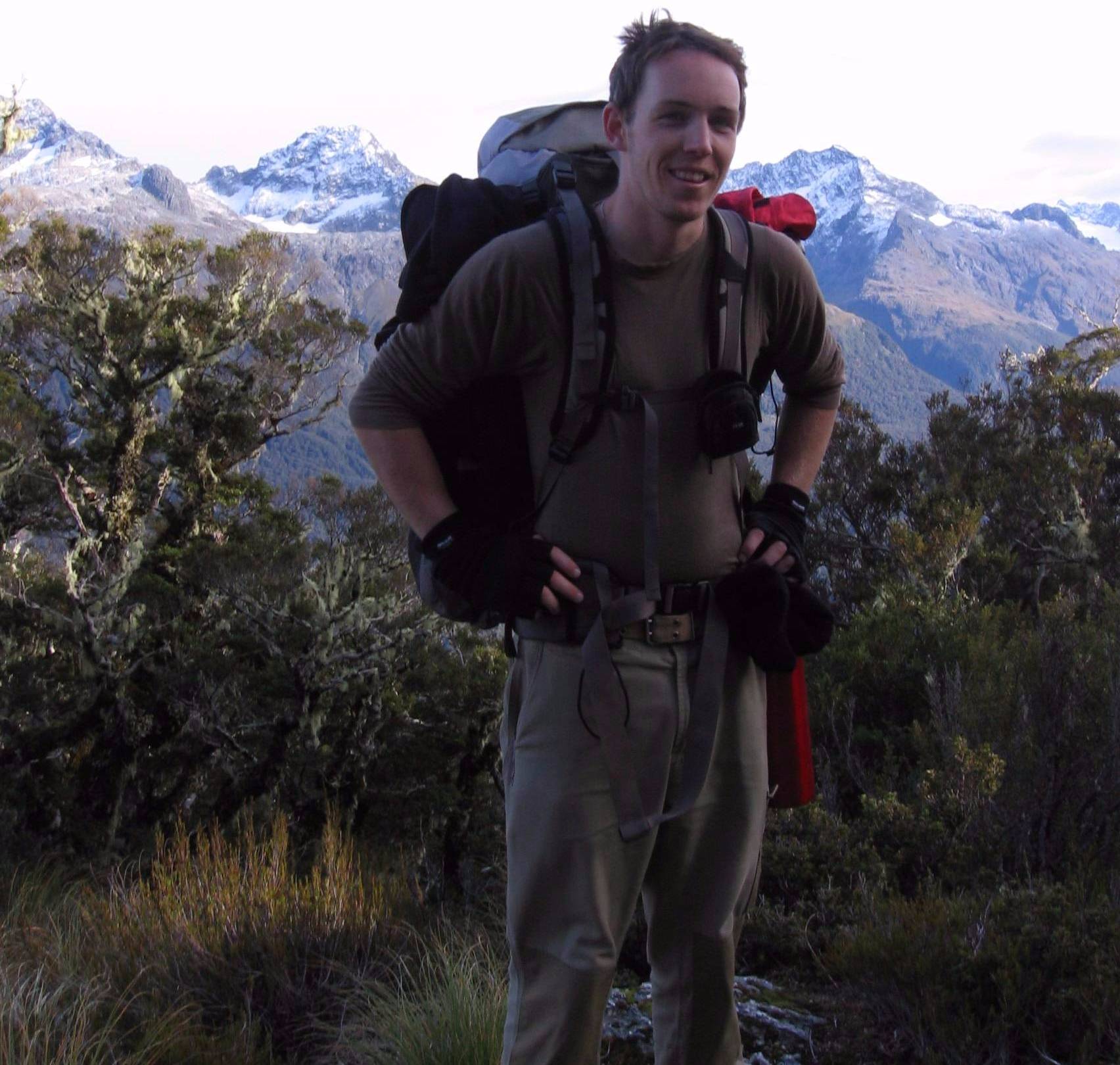Catching Up With an Alumnus
The Graduate School appreciates the varied perspectives and backgrounds of its students. A diverse student body enriches graduate education by helping create a dynamic intellectual environment where students become exposed to new views. When established beliefs are tested, it provides the setting where new ideas and innovative research can flourish. Meet Alexander Aston, an MSU alumnus who embodies this spirit.
Alexander Aston
M.A., History, 2014

When you ask Alexander Aston to name his hometown, he lists Planet Earth. Given his
background, that’s a pretty accurate description. Mr. Aston is the son of an Irish/Zimbabwean
father and an American mother. Before coming to Bozeman for graduate school, he lived
in Zimbabwe as a child, finished high school in Maryland, and spent his undergraduate
years at University of Indianapolis – Athens (Greece) Campus. Come fall 2015, he will
add Oxford, England to the list of places he has called home. A 2014 graduate of
MSU with a Master of Arts in History, Mr. Aston will begin a Ph.D. program at Oxford
University in the Archeology Department’s Creativity, Cognition & Material Culture
program.
A lifetime of exposure to different cultures instilled in Mr. Aston a curiosity about
people, history, and philosophy. This upbringing ultimately led him to study history
with the goal of teaching at the university level and earning a master’s degree at
MSU was the first step in the process. He speaks highly of his time at MSU and credits
it with his readiness to study at Oxford, one of the world’s preeminent universities.
When asked about what was so special about MSU, Mr. Aston responded, “The scale of
the university was conductive to my ability to make connections and perform interdisciplinary
research. I found the faculty to be extremely encouraging of my goals, and my desire
to experiment with historical theory and methodology.”
His thesis, Flame of the Red Flag: Cognitive Ecologies of the Paris Commune, examines “the relationship between environment, cognition and social organization.
The thesis reinterprets a well-known historical event by analyzing historical processes
as developmental continuities of human evolution and ecological dynamics.”
While working on his thesis, Mr. Aston came across a text that was paramount to his
research and instrumental in leading him to Oxford. Lambros Malafouris, a research
and teaching fellow in Oxford University's Cognition, Creativity, and Material Culture
research cluster, is author of How Things Shape the Mind: A Theory of Moral Engagement. Upon discovering Dr. Malafouris’ book, Mr. Aston came to a turning point in his research
as he had found what he called “the missing piece in my argument that drew everything
together.”
With his research coming together and graduation nearing, Mr. Aston began thinking
about Ph.D. programs. He recalled talking with his advisor, Dr. Brett Walker, about
where to apply and remembered sheepishly saying, “Well, there’s this really cool program
at Oxford. Maybe I could apply there.”
Dr. Walker’s response was resoundingly positive. “This brought about a total 180 in
my thinking and expectations,” said Mr. Aston. “At that point I realized anything
could happen. It if hadn’t been for Dr. Walker, I would have not had the courage to
go for it.”
Mr. Aston applied to Oxford and as the saying goes, the rest is history. Since graduation,
he has been working as a stone mason, a trade he learned while living in Greece. While
he looks forward to beginning his Ph.D. studies, he will miss MSU and Bozeman terribly.
The warm community and mountain lifestyle suited him well, and he called his choice
to attend graduate school at MSU “the best decision I have made as an adult.”
Mr. Aston encourages graduate students to, “do your research for the love of the subject
and not for some desired end goal. If you are passionate about what you do and work
hard, your mentors and peers will notice and the end goal will sort itself out.”
As for Mr. Aston, it looks like the end goal sorted itself out nicely. The Graduate
School wishes him the best of luck in his Ph.D. studies.
